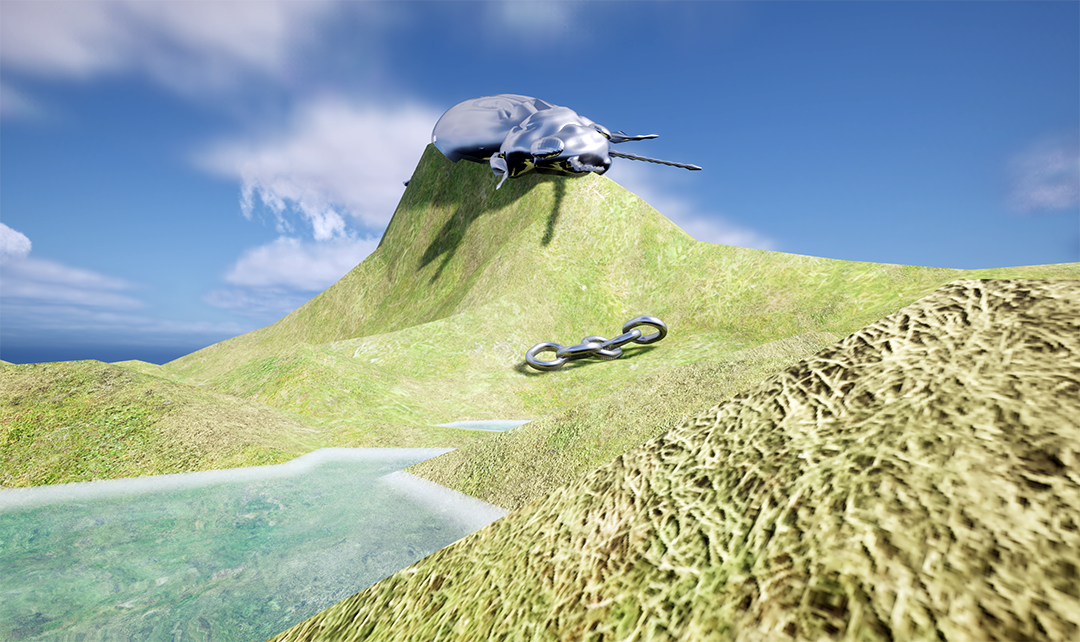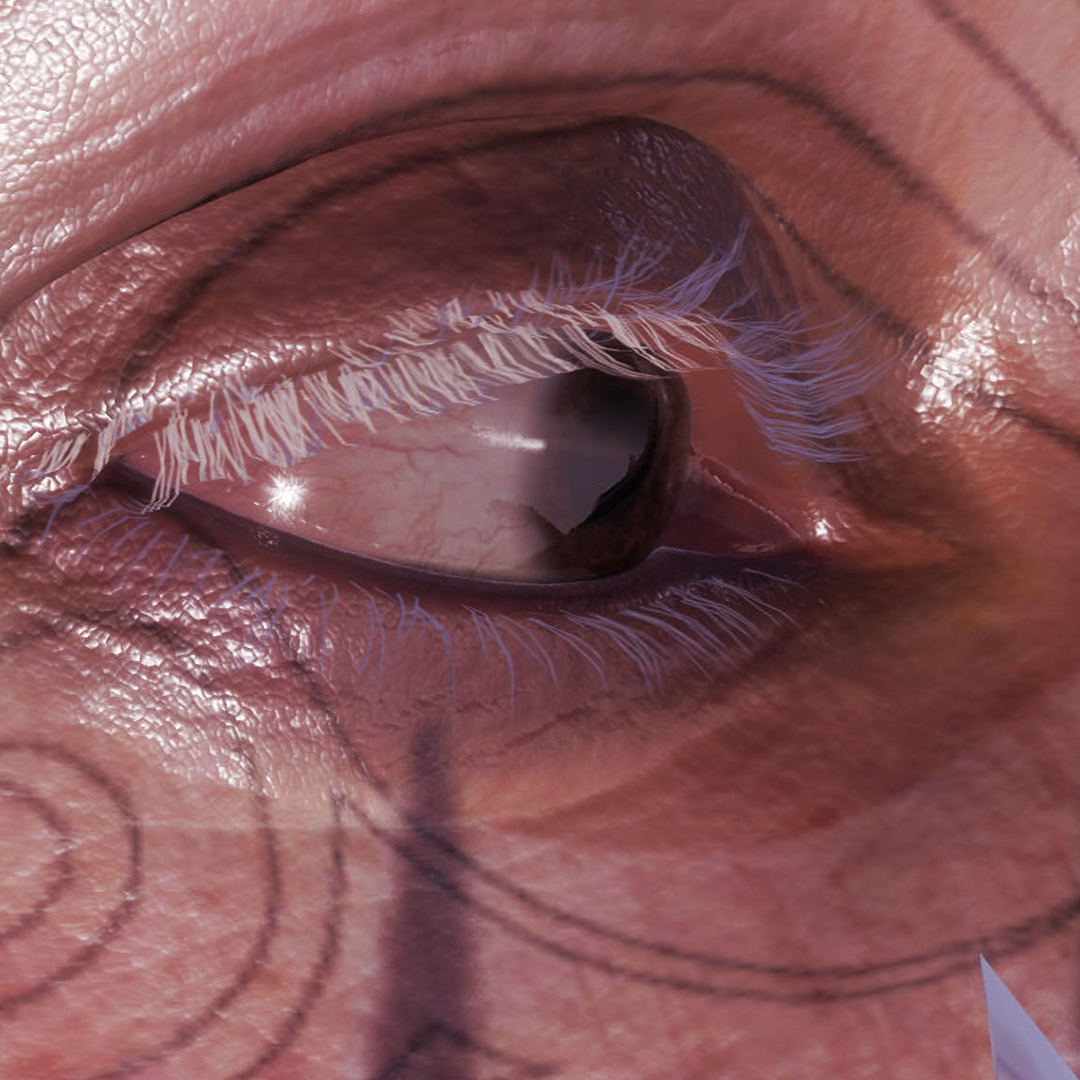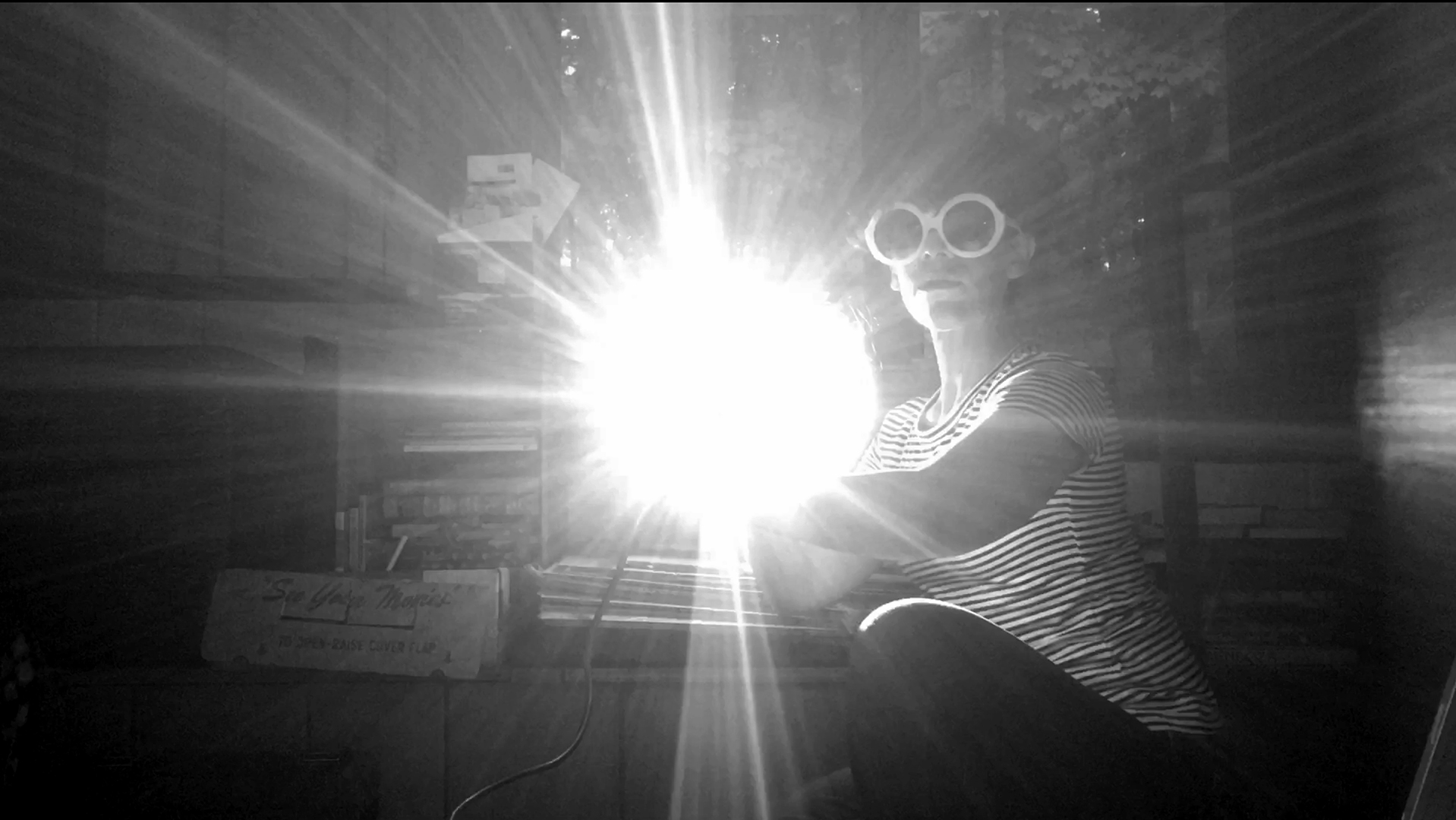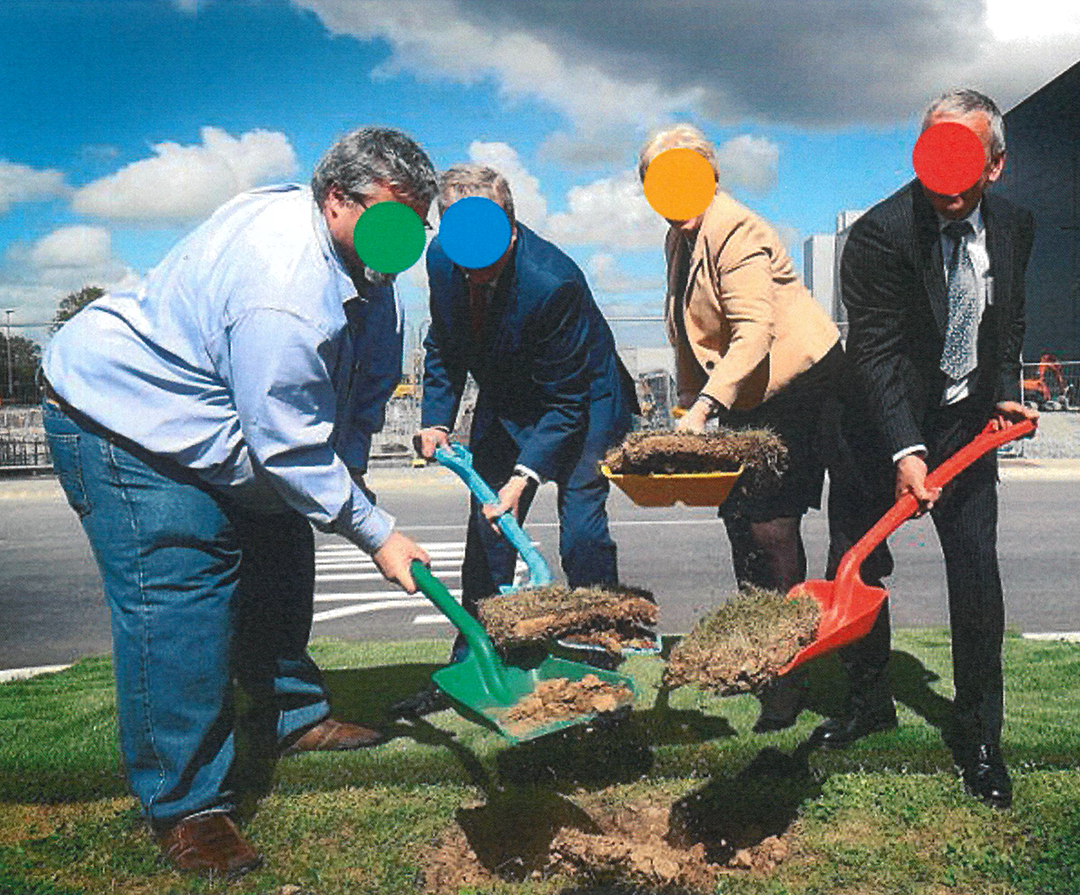

SOD SCRAPER PROGRAMME
Exhibition opening: 18 September 2025, NCAD Gallery, 6—8PM. Performance by Jack Galligan on the opening evening at 6.30PM (10 minutes). All are welcome to attend.
Exhibition continues 19 September—15 October 2025. Monday—Friday, 11AM—6PM.
Culture Night 2025, 19 September, NCAD Gallery, 5PM (40 minutes). Join artists
Jack Galligan, Jennifer O'Brien, and Nicholas Sidarchuk, along with NCAD Gallery curator
Anne Kelly, for an artist talk & public walk-around of the exhibition, followed by an audience Q&A.
Offsite billboard artwork, postcards! by Nicholas Sidarchuk, 22 September—19 October 2025.
Location: Macken St. Railway Bridge, Dublin 2. Join us on a site visit of postcards! on Friday, 26 September, 5PM.
Panel Discussion Event 24 September 2025, 5PM (60 minutes). Join us for our public panel talks and Q&A event with invited speakers. Donal Lally (TU Dublin), Sinéad Mercier (UCD),
and Paul O'Neill (University of Galway). All are welcome to attend.
Waste Maker performance by Jack Galligan, Tuesday 14 October, 5.30 PM (10 minutes). All are welcome to attend.
.
Programmed as part of the student Open Call 2025, the NCAD Gallery is delighted to invite you to SOD SCRAPER, a programme of talks, performance and exhibition of works by artists, Jack Galligan, Jennifer O'Brien, and Nicholas Sidarchuk.
Collectively, SOD SCRAPER examines the shifting relationship between Ireland’s landscape, its histories, and the hidden architectures of the global data economy. The exhibition explores the intersections of personal narrative, contested land, industrial expansion, and the cultural re-framing of digital infrastructure.
Jack Galligan’s performance work, Waste Maker, situates the body as both an operator and a spectacle within the flows of data. There is an intimate and loving gaze that the individual shares with themselves on the screen; Galligan exploits this relationship, highlighting it as a form of labour. Under the data economy, constant adaptation, performance, and reconfiguration of identity are necessary to enable the data industry to continue cooling, processing and storing data effectively. The performance asks the individual how they are personally implicated in the new Irish landscape and where their waste is stored.
Contemporary Bench echoes the stark repetition of data centre architecture. Objects are representations of the new landscape, dictated by data infrastructure. Contemporary Bench features etchings of discarded images, useless yet monumentalised. The bench becomes a monument for the individual who lost in the stark and refrigerated landscape of the Irish data economy—a place to rest, scroll and listen to the hum.
Jennifer O’Brien’s work grounds the global in the local. Tracing the story of Mannix Coyne’s appeal against the development of a 24.5-acre data centre in Clonee, Co. Meath, on rented land, for the grazing of his horses. The work unfolds as a contemporary re-reading of John B. Keane’s The Field, recast in the context of globalised land appropriation. A silent durational dialogue between Horse, M3 & Monument is held while Fridge, 2025 envelops the space in a 5:1 drone soundscape of collected field recordings of data infrastructure.
Through field recordings, documentation, and site research, O’Brien navigates the entangled histories of protest, industrialisation, and erasure, drawing a line from the contested M3 motorway, cut through the Tara landscape, and the wooden henge at Lismullen, to the sprawling footprint of Meta’s data centres. Her work explores the place of the human narrative within a system that measures value in economic terms.
The work intends to locate the edges of industry, and non-place mapping the edge of a landscape designed to disappear.
In his work Data Heritage, Nicholas Sidarchuk repositions the data centre as a tourist attraction, revealing its strange kinship with ancient monuments. Through a billboard, a heritage-style plaque, and an official-looking tourist information sheet, Sidarchuk mimics the language and visual codes of state heritage agencies. The effect is absurd, yet incisive. Industrial fortresses - normally inaccessible to the public - become 'sites' to be visited, interpreted, and consumed. His work reveals how heritage and industry manage the public’s relationship to land through surveilled distance and controlled access.
.
SOD SCRAPER Gallery Map
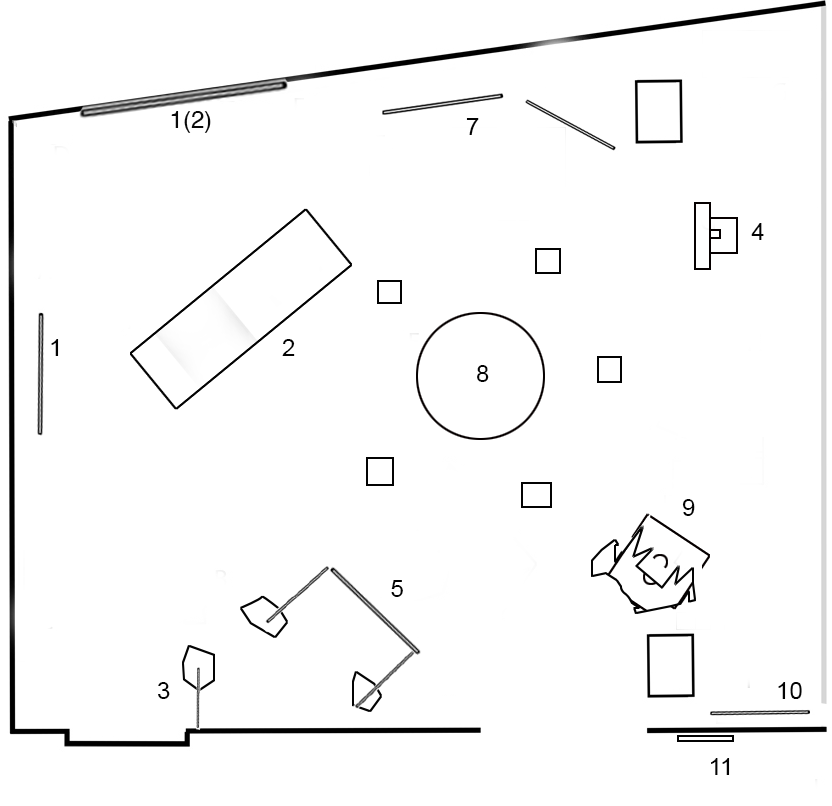
Jack Galligan
1. Waste Maker, 2025, performance and accompanying digital video, 10’mins. 1. (2) Place holder portrait image.
2. Contemporary Bench, 2025, cast and laser-etched concrete, teak, 161L x 51d x 45hcm.
3. Trip Over The Bin, 2023, MDF, paper card, printed paper and galvanised steel. 60L x 20w X 25h cm
Nicholas Sidarchuk
Data Heritage -
4. site notice!, 2025, A3 stainless steel plaque, black PVC backing base. 46w x 34d x 150h
5. information!, 2025, laser etched plywood, wooden dowel, timber frame, plywood board, poster paper, sand bags. 103w x 107d x 220h cm.
6. postcards!, 2025, off-site billboard artwork, Macken St. Railway Bridge, Dublin 4.
Jennifer O’Brien
7. Grazing Licence, 2025, 12:45 mins, 4k, 2 channel video.
8. Fridge, 2025, field recordings, 20 mins, 5:1 surround sound.
9. Headbent Slightly, 2025, dibond signage, galvanised steel, concrete base. 124w x 45d x 204h cm
10. False Monuments, 2025, laser etched acrylic panels, teak. 120w x 10d x 128h cm
* 11. Untitled, 2025, Jennifer O’Brien, digital print on hahnemühle archival paper, 42w x 59.4h cm. *
50 euro; Student price 25 euro. We are donating sales proceeds to Médecins Sans Frontières/ Doctors Without Borders (MSF). Payments: Revolut @artpassenger.
Please leave your contact email address with gallery@staff.ncad.ie.
.
SOD SCRAPER Exhibition Team & Thanks to NCAD students: John MacAvin & Megan Denieffe, Exhibition & Gallery Install Assistants. Thanks to NCAD Colleagues: Dr. Feargal Fitzpatrick - Head of Media, Mickey Smyth - Media Senior Technical Officer, Michelle Byrne - Sculpture Technical Officer, Alan McLeod – William Walsh Workshop Technical Officer, Denise Beck - Digital Printing Technical Officer, Brendan Begley - Sculpture Technical Officer, & to NCAD Facilities: Barry Kelly, Mark Costello, and Martin Fitzpatrick.
Curator, Anne Kelly, NCAD Gallery. NCAD Gallery, 100 Thomas Street, Dublin D08 K521.
Icon image credit: Digital reproduction by Jennifer O'Brien on the occasion of the exhibition SOD SCRAPER, 2025, NCAD Gallery. Original © image courtesy of Council.ie, photographer Robert Reynolds Photography. SOD SCRAPER billboard artwork, postcards! by Nicholas Sidarchuk, kindly sponsored by Global, Dublin.


